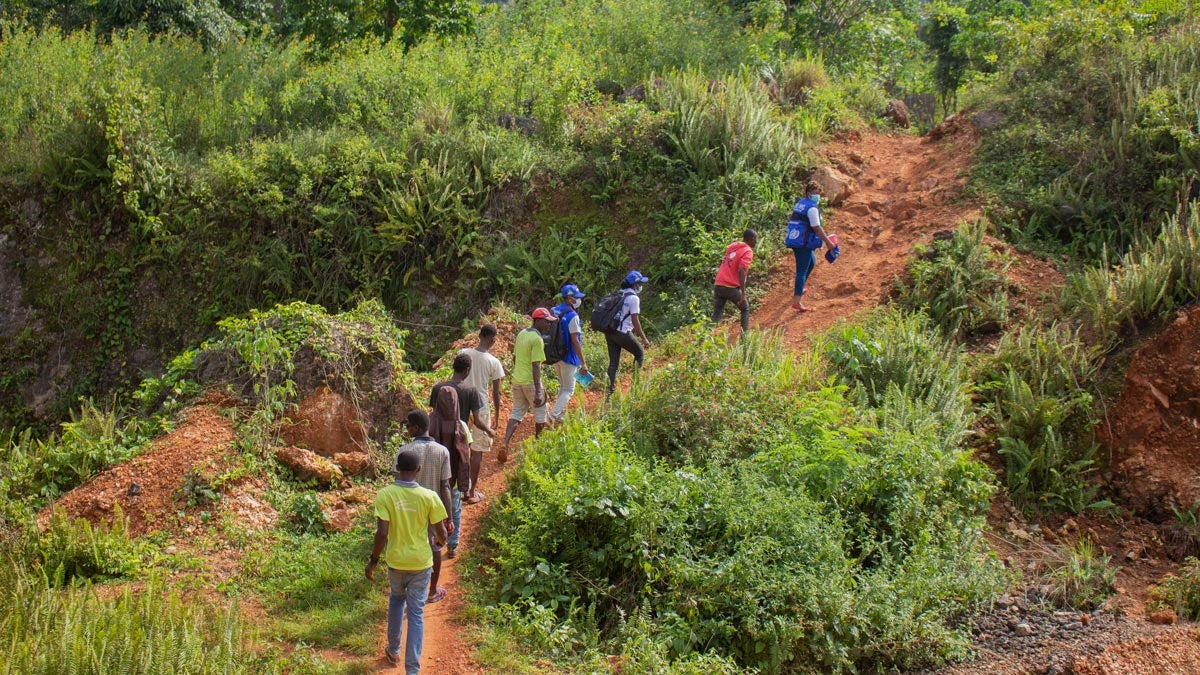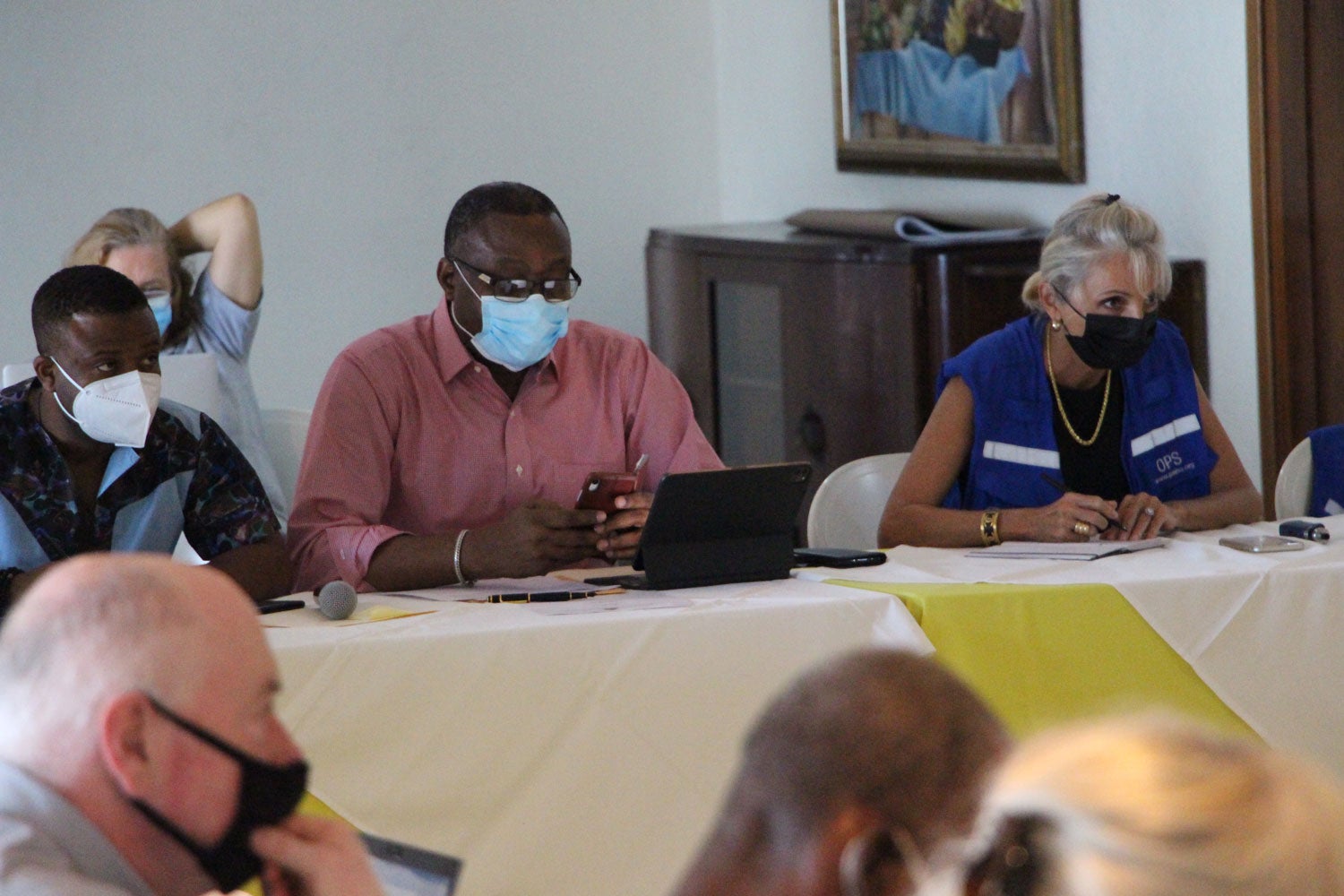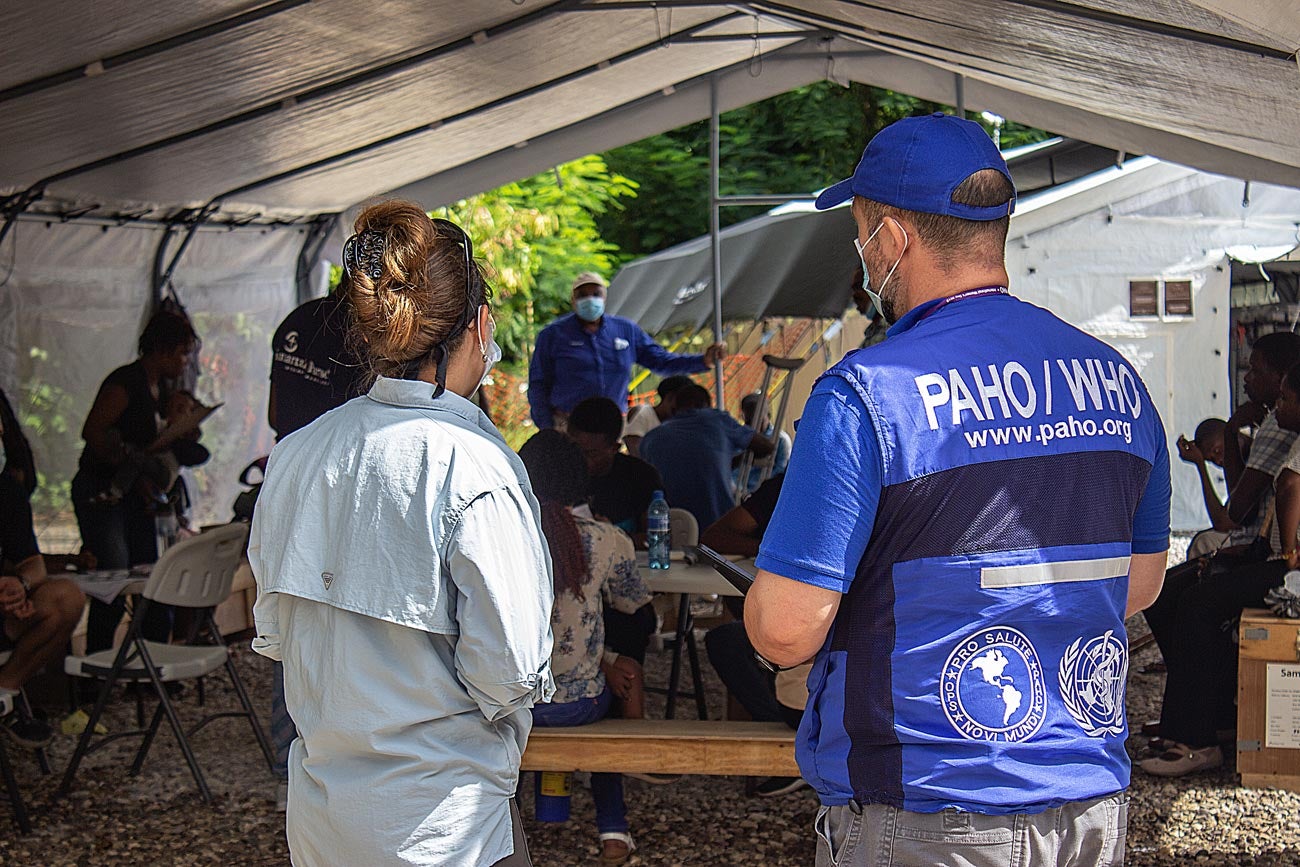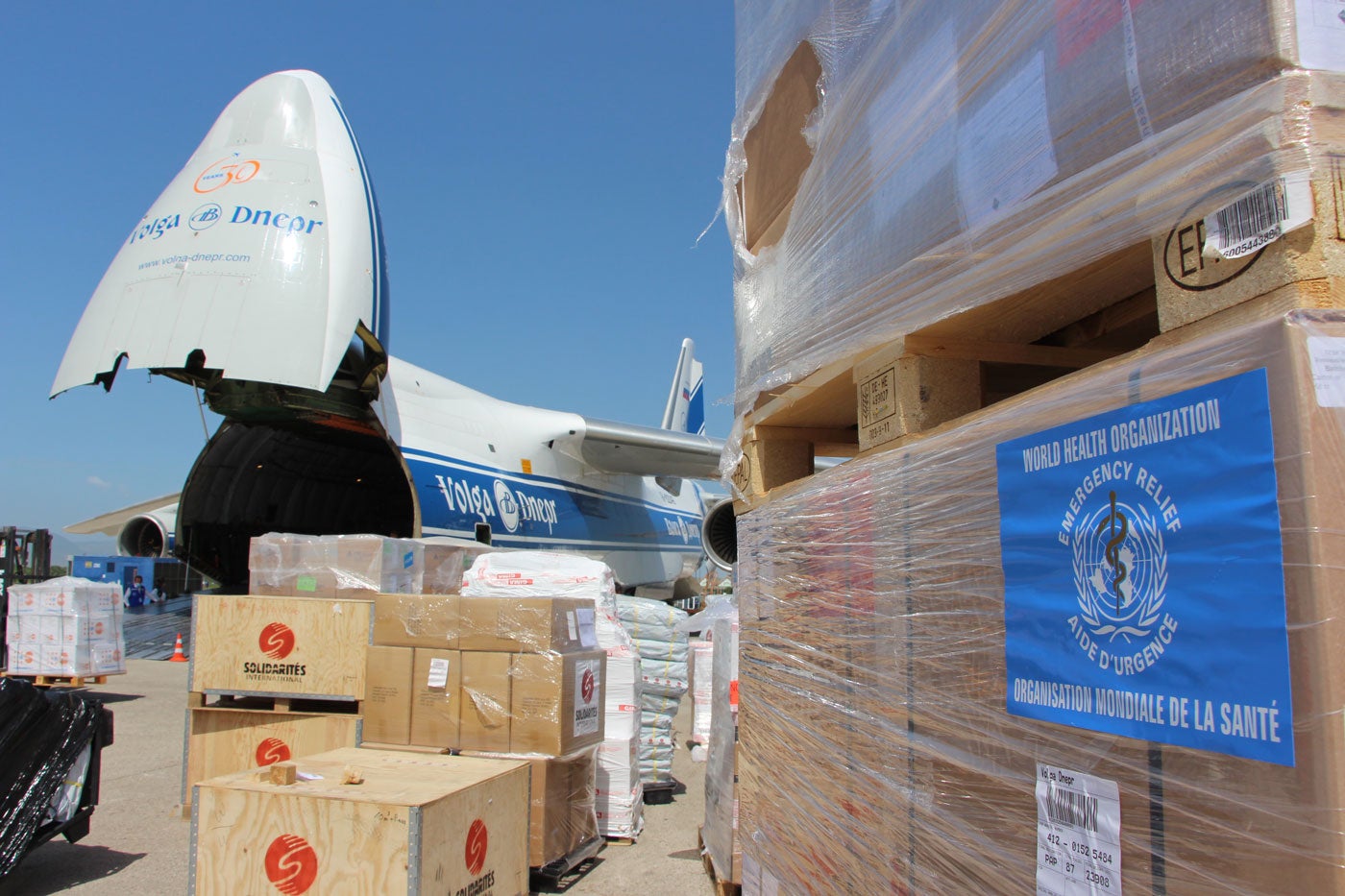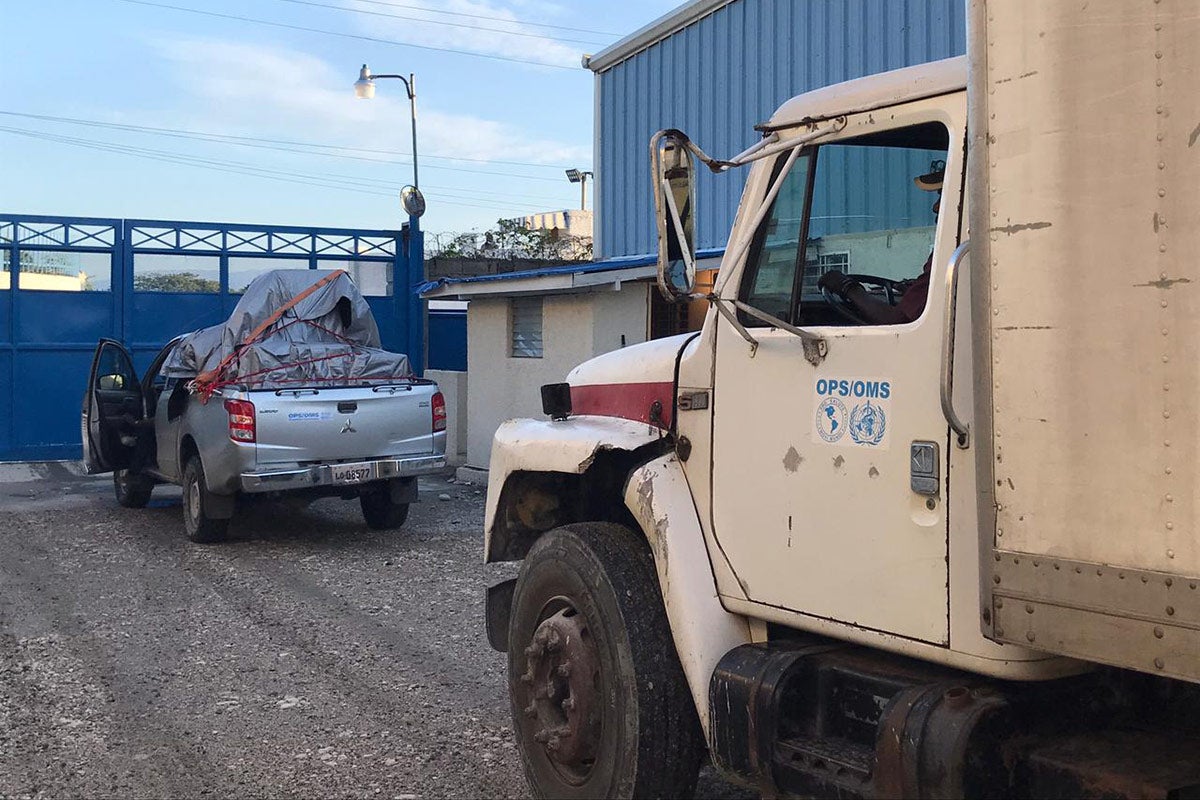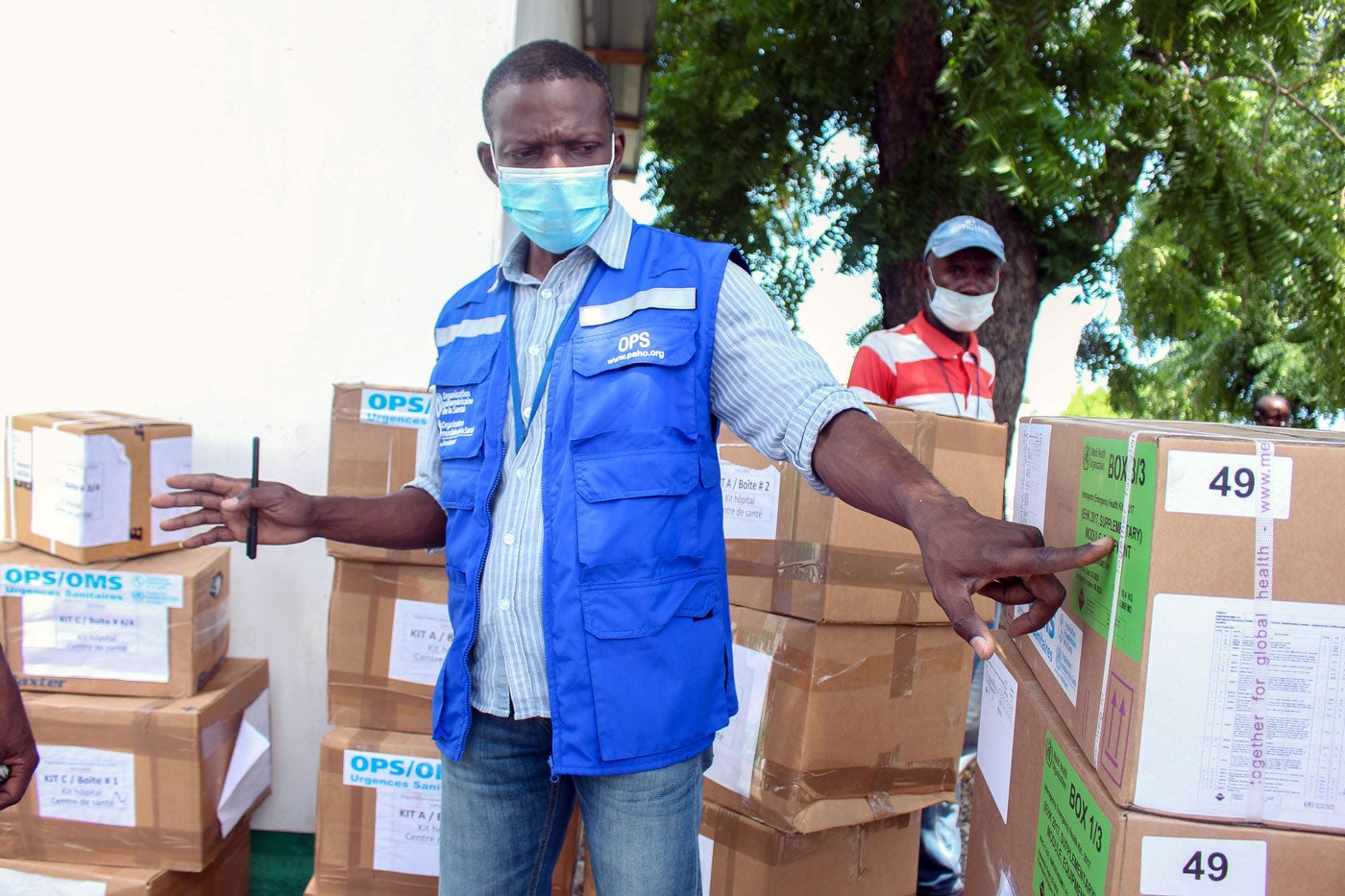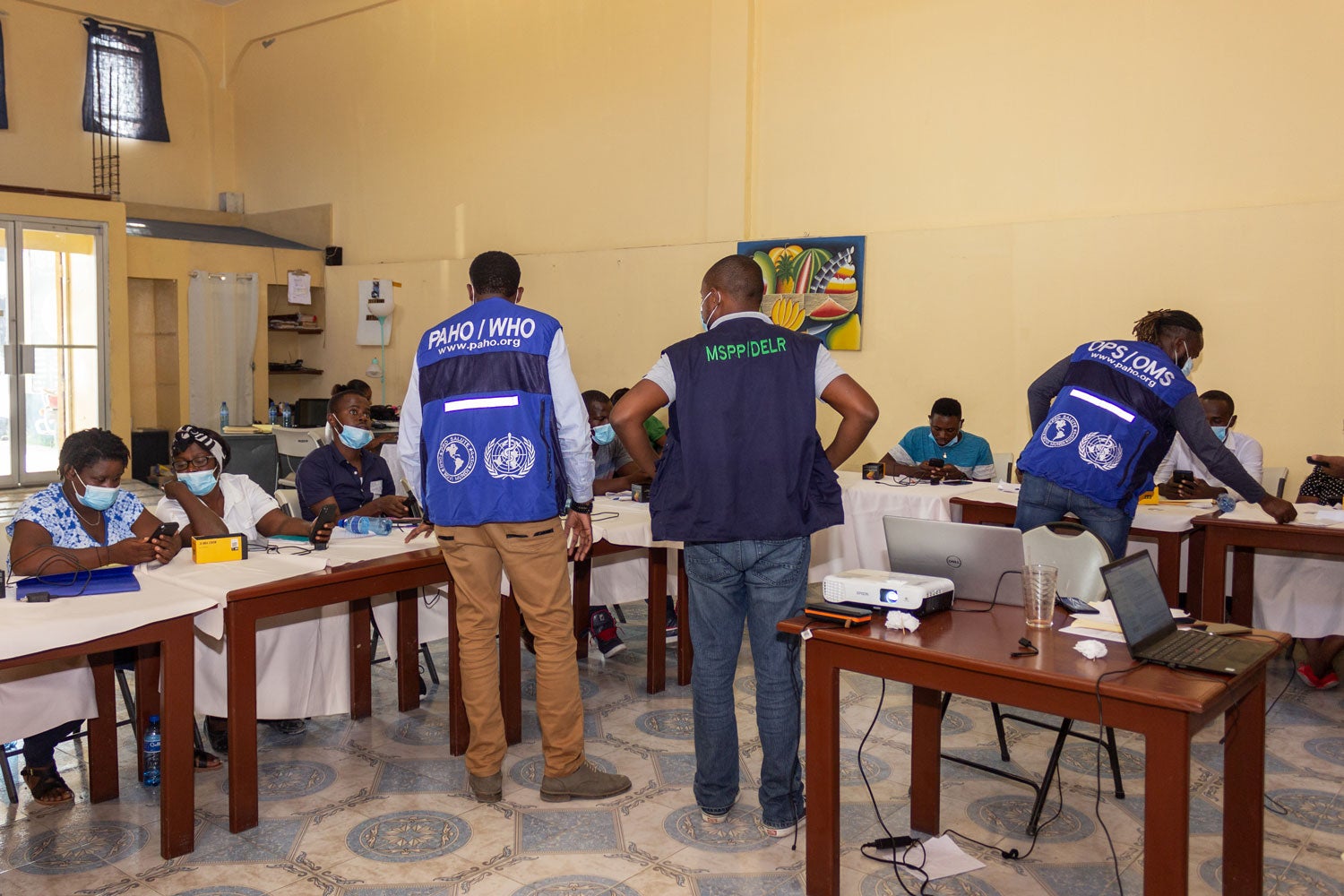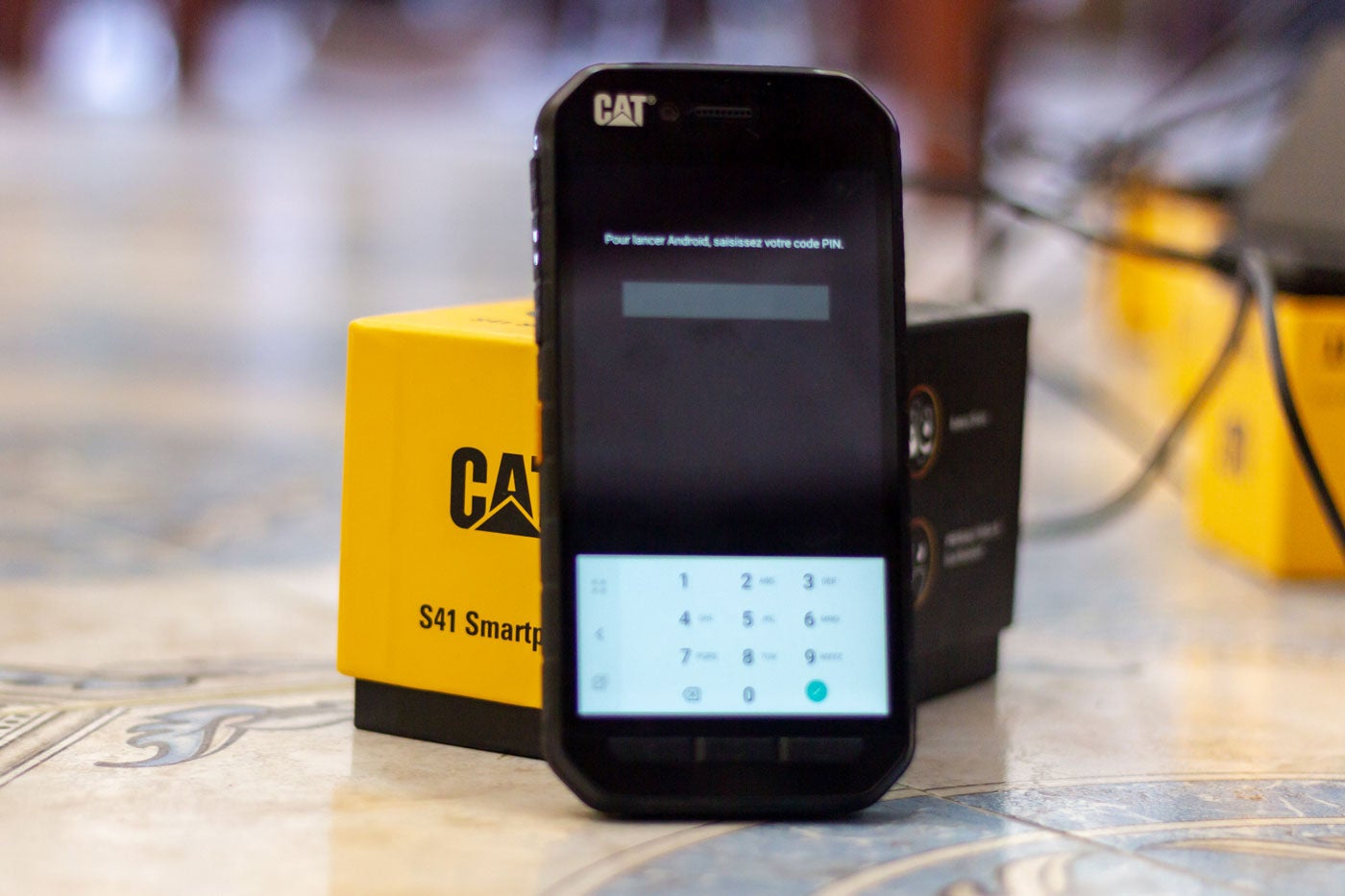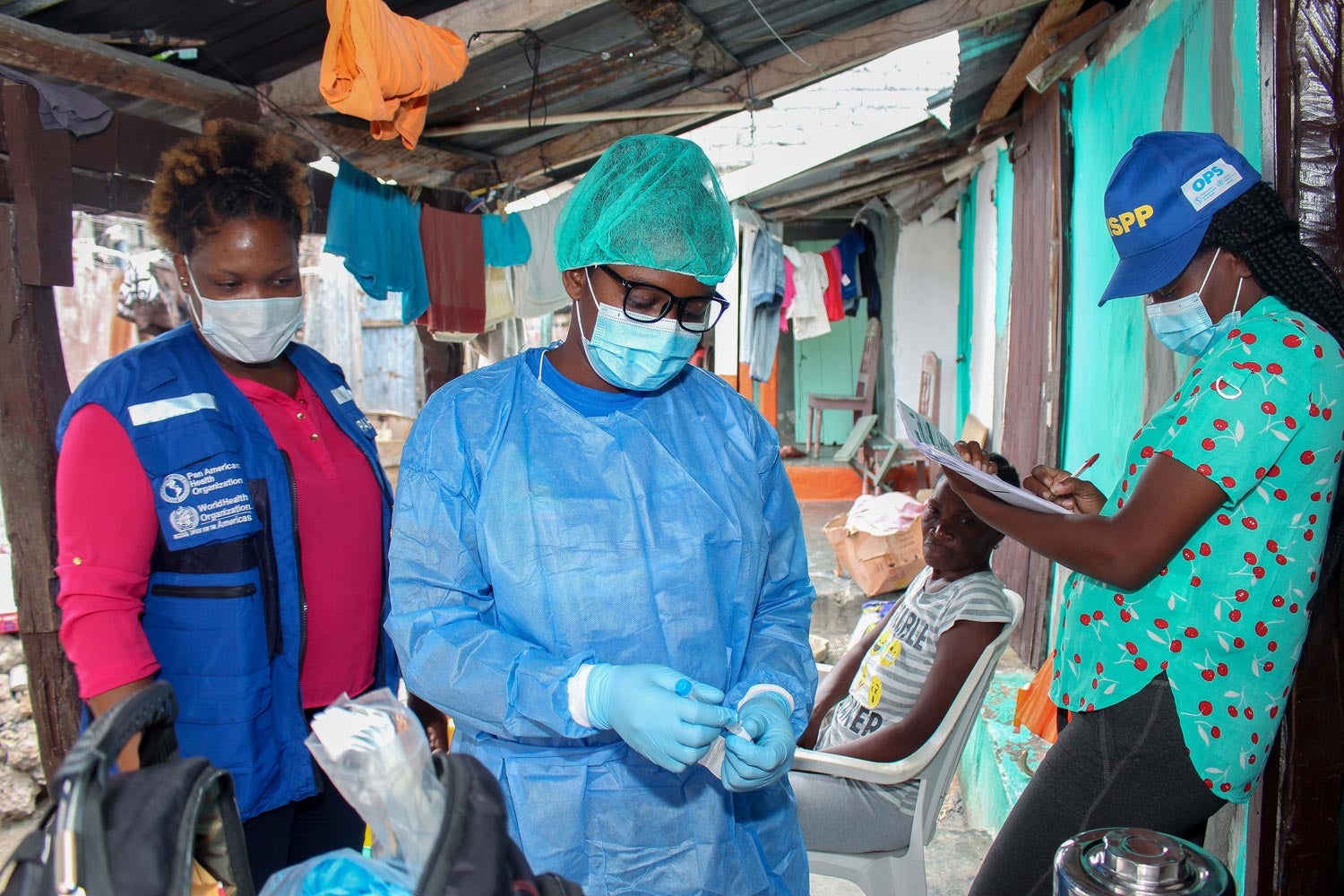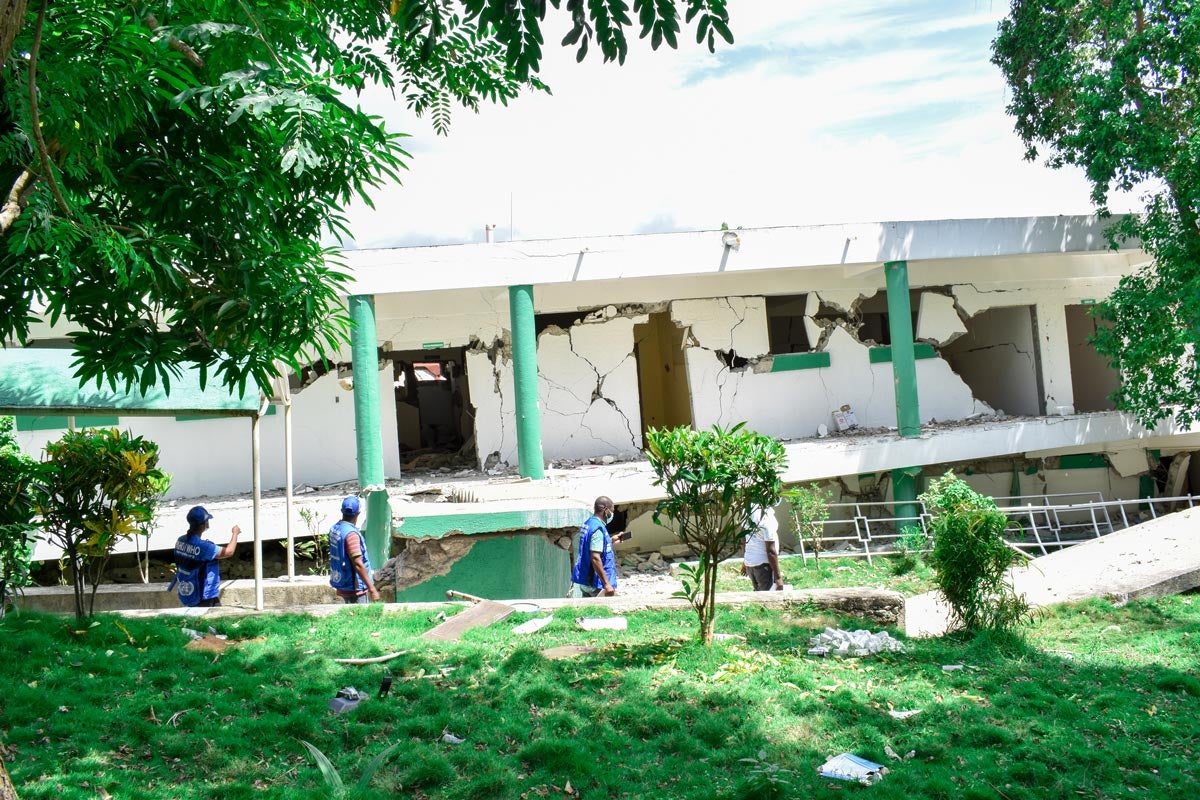PAHO aids distribution of emergency medical products and assists national authorities in tackling COVID-19 and the potential emergence of new epidemics
Port-au-Prince, Haiti, December 1, 2021 (PAHO) – Three months after a 7.2 magnitude earthquake struck the southern peninsula of Haiti, which killed over 2,000 people and injured more than 12,000, the Pan American Health Organization (PAHO), with the financial support of the European Civil Protection and Humanitarian Aid Operations (ECHO) and the Central Emergency Response Fund (CERF) and donations from strategic partners including USAID/BHA and IMANA, continues to support the recovery of the country’s health system against the backdrop of the ongoing COVID-19 pandemic.
As the lead agency for health, the PAHO/WHO country office in Haiti has been supporting the Ministry of Public Health and Population’s (MSPP) response at the central and departmental levels, deploying field teams in the Nippes, Grand’Anse and Sud departments. These teams are still on site today, working to support the affected populations and the recovery of the health system.


